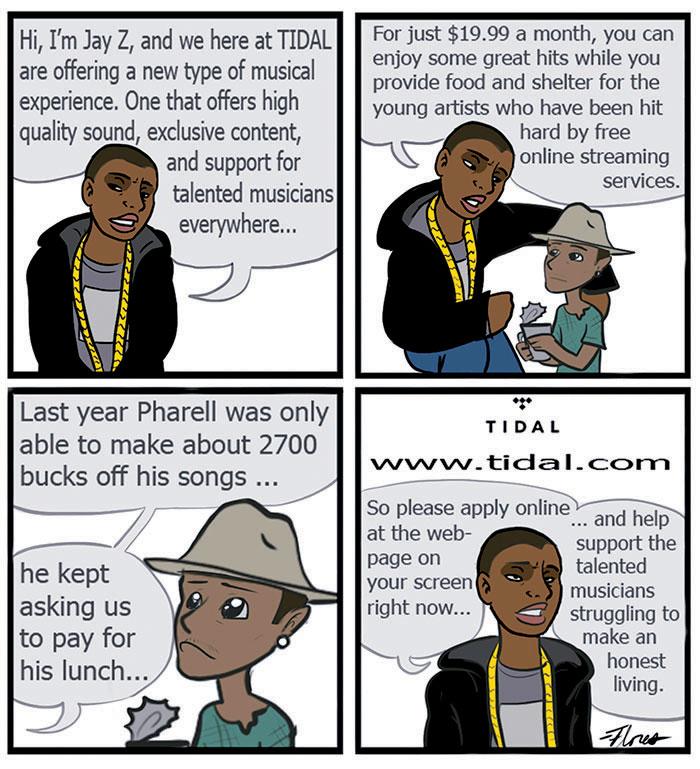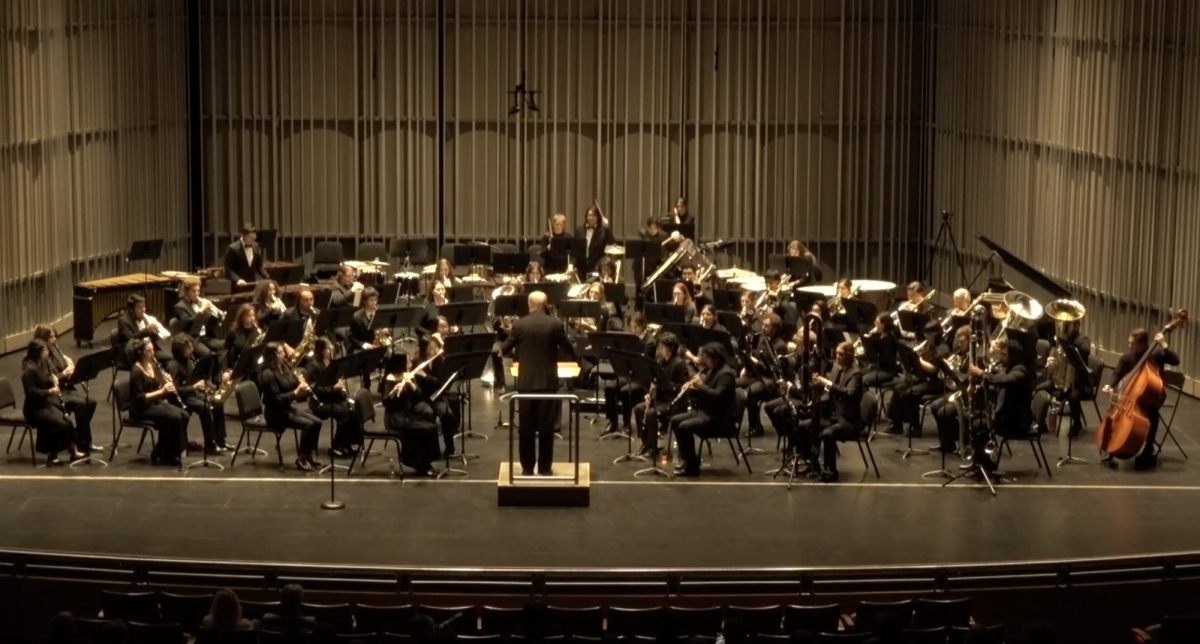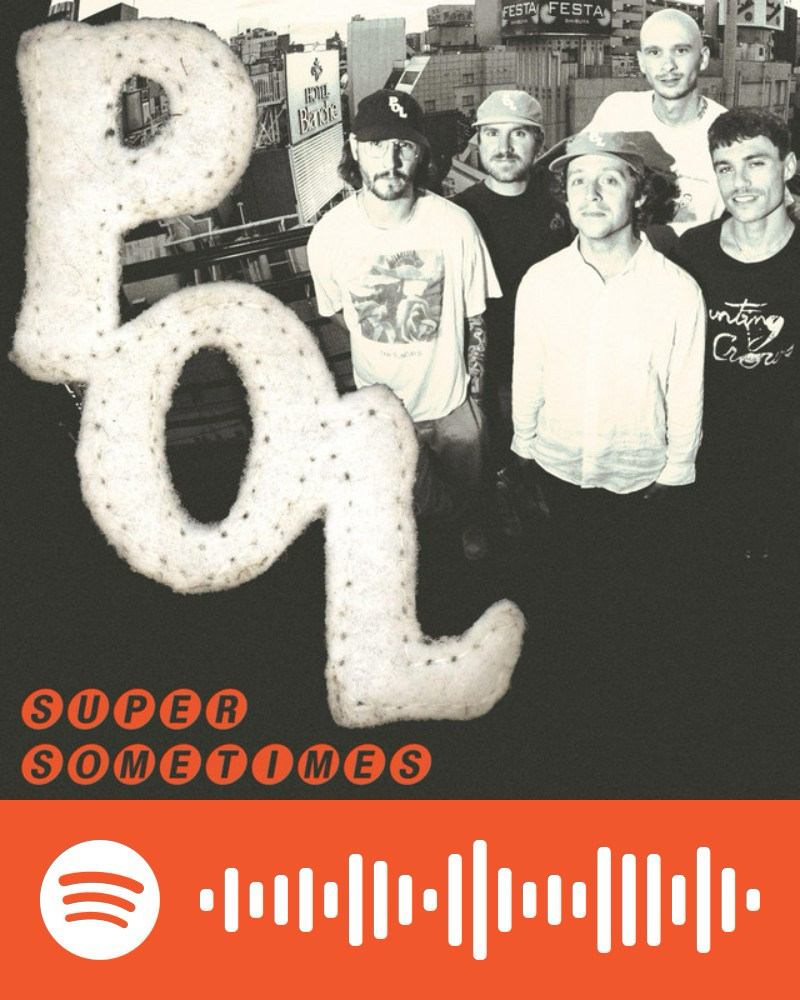Music titan Jay Z has just launched his brand new music streaming service, Tidal, with the support of his wife Beyoncé, Jack White, Daft Punk, and plenty of other musical greats. However, Tidal has already seen the wrath of other artists such as Mumford & Sons and Ben Gibbard of Death Cab for Cutie.
TIDAL is similar to Spotify, an originally UK-based streaming service launched a few years ago in the United States, but offers high-fidelity listening that Spotify does not offer. TIDAL also offers lossless listening, to provide the listener with optimum sound quality and the full experience that the artist intended their music to be.
Unlike Spotify, Tidal must be paid for one way or another. Ranging from $9.99 per month to $19.99 per month, the lower priced option, Tidal Premium is essentially the same as Spotify Premium, and is the exact same price. For that $19.99 per month, you can get Jay Z’s expertly curated music with the Tidal Hifi membership. You’ll get those lossless files, top quality music videos, plus music editorial content, which Spotify doesn’t exactly promote or seem to offer.
The only flaw? Tidal doesn’t have a free streaming service like Spotify does. You have to pay for it regardless.
Tidal definitely seems like the right service for true music lovers that are looking to get that studio sound at home. With the support of musical greats in a summit-style commercial, you can’t help but feel drawn into this world of excellency that Jay Z has created.
Clearly, Jay Z is trying to dominate the music streaming world. But the real question is, will it allow artists to get more royalties? In the last few months, news came out that Pharrell only made $2,700 in royalties for 43 million plays on Pandora. You may think yes, these artists already have a ton of money, but it really goes back to the music and why these artists are creating it. They should be rewarded for their work, but how can that really happen unless streaming services like Spotify or Pandora step up their royalty payments?
Some artists, like The Black Keys and Taylor Swift, for example, have chosen to keep most of their music off of streaming services. The Black Keys did so with their recent records “Turn Blue” and “El Camino,” while Swift has removed all of her music from Spotify. Artists have clearly been challenging streaming services for a while, but Tidal seems to be offering something more for artists.
Guitarist for Mumford & Sons, Winston Marshall, made a solid point regarding streaming and the constant battle between the method.
“Music is changing. This is how people are going to listen to music now – streaming.” Marshall is right, no matter what the service, music will continue to be streamed, but it is unclear what Tidal really offers to artists that is different than what Spotify offers.
According to Tidal’s website, it is “the first music streaming service that combines the best high fidelity sound quality, high definition music videos, and expertly curated editorial.”
Tidal claims to be the “the first-ever artist owned global music entertainment platform platform,” according to Alicia Keys in the official press conference Jay Z held along with other huge artists featured in the platform’s promotional video.
After reviewing Tidal’s features and Spotify’s features, I have decided to stick with Spotify. For $9.99 a month, I can get a plethora of music on Spotify that is not yet available on Tidal. Plus, I’m not really the type to care whether or not I can get Rihanna’s exclusive new single only on Tidal. I am a bonafide music lover, I collect music digitally and in analog form, but Spotify wins this argument for me.
The controversy is that these artists, including members of Arcade Fire, don’t really know what they’re getting themselves into.
Is Jay Z’s Tidal service just a way for artists to get a leg up and get more money, or is this really centered on the quality of music and the people listening to it?
Another fear is whether or not these artists supporting Tidal will remove their music from other services like Spotify. Will you be joining Tidal, or will you be sticking to Spotify and Pandora?






